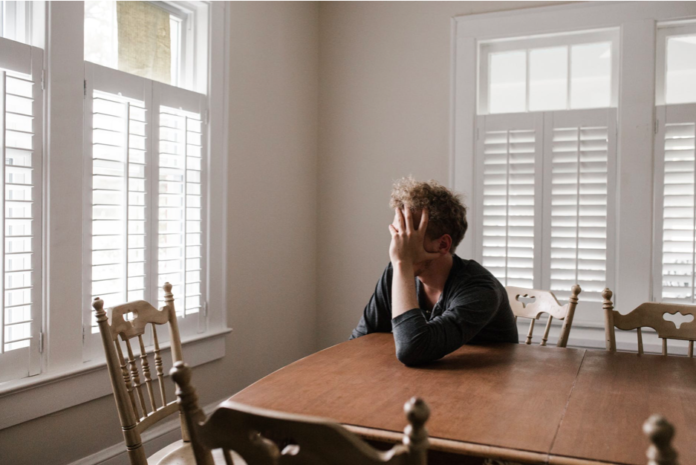It’s no news that residents of the Netherlands suffer under extortionate rental prices — but now the majority of the House of Representatives are in favour of actually doing something about it.
As it turns out, 80 of 150 seats in the House of Representatives are in favour of raising the “liberalisation limit” — the limit at which your rent can be protected.
Currently, if you’re paying rent of up to €750 per month, your rent is protected using a points system. Here’s a quick breakdown:
The Dutch points system
If you’re paying rent of up to €750, then you are protected against paying an unfairly high rent. No matter how much your landlord wants to charge you, what you pay should be based on a points system.
Points are rewarded based on a number of factors such as the size of your space, the number of heated rooms, the energy efficiency, and whether or not you have a garden. All the points are then added up and will determine the maximum amount that your landlord can charge you.
For example: if your space scores 100 points your landlord can charge you a maximum of €509.59 per month!
However, you are only protected if your rent is below €750 — or 145 points. If your space scores above this amount, your landlord is able to charge whatever they like.
The majority of the House of Representatives now agrees that the limit at which rents are protected should be raised — all agree that the new limit should be at least €1000, according to RTL Nieuws.
Slight differences but overall agreement
While they agree on the €1000 minimum, how high the new limit should depend on which political party you ask. For example, Groenlinks (Green left) wants this limit to be as high as €1400 per month.
Other political parties such as Partij voor de Dieren (Party for the Animals), DENK, the ChristenUnie (Christian Union), and Volt are also in favour of raising the limit.
Penalties for greedy landlords
Meanwhile, the PvDA (The Labour Party) has also proposed that a “landlord fine” should be introduced. Landlords who violate the law — by unfairly hiking the price of protected rent for example — will be fined heavily. If they continue to break the law, their permit will be taken away.
The SP (Socialist Party) proposes something similar, suggesting that a “blacklist” of landlords be brought in. Sandra Beckerman of the SP spoke at the House of Representatives, arguing that “it is anti-social when landlords consciously and illegally enrich at the expense of tenants trapped because of the housing crisis.”
Largest political parties against raising the limit
While a majority in parliament are in agreement about raising the limit, there’s one — or should we say two issues. The largest political parties in the Dutch cabinet, the VVD (People’s Party for Freedom and Democracy) and D66 (Democrats 66) are against increasing the limit.
READ MORE|Why is there a housing shortage in the Netherlands? The Dutch housing crisis explained
Whilst both parties recognise that it’s becoming increasingly difficult for people to find reasonable rental prices, they claim that they don’t see how increasing the protected rent threshold will help.
Daniel Koerhuis of the VVD argues that raising the limit will actually make the situation worse. “Something similar has been tried in Berlin and we see the housing supply collapsing and prices in other sectors shooting through the roof. We’re really not waiting for that here.”
Instead, the country’s largest political parties believe the solution lies in building more housing.
What are your thoughts on the Dutch cabinet’s handling of the housing crisis?
Feature Image: Andrew Neel/Pexels

In a free society people should be able to agree on terms and make a deal. If the landlord charges more than the tenant wants to pay, the landlord can offer to charge less or the tenant to pay more. Any outside interference (other than cases of fraud, etc.) is none of the government’s business. It’s called Freedom of Choice and Association.
Hmm ok, but then for example in a saturated housing market like in The Hague, for one housing the landlord will receive different offers and of course chose the highest one..and in my experience 80-90% of the landlords here are charging more than according to the point system, outrageous. And not enough people know about this system and believe this is the price to pay. So a higher threshold until the liberal sector sounds like a good idea.